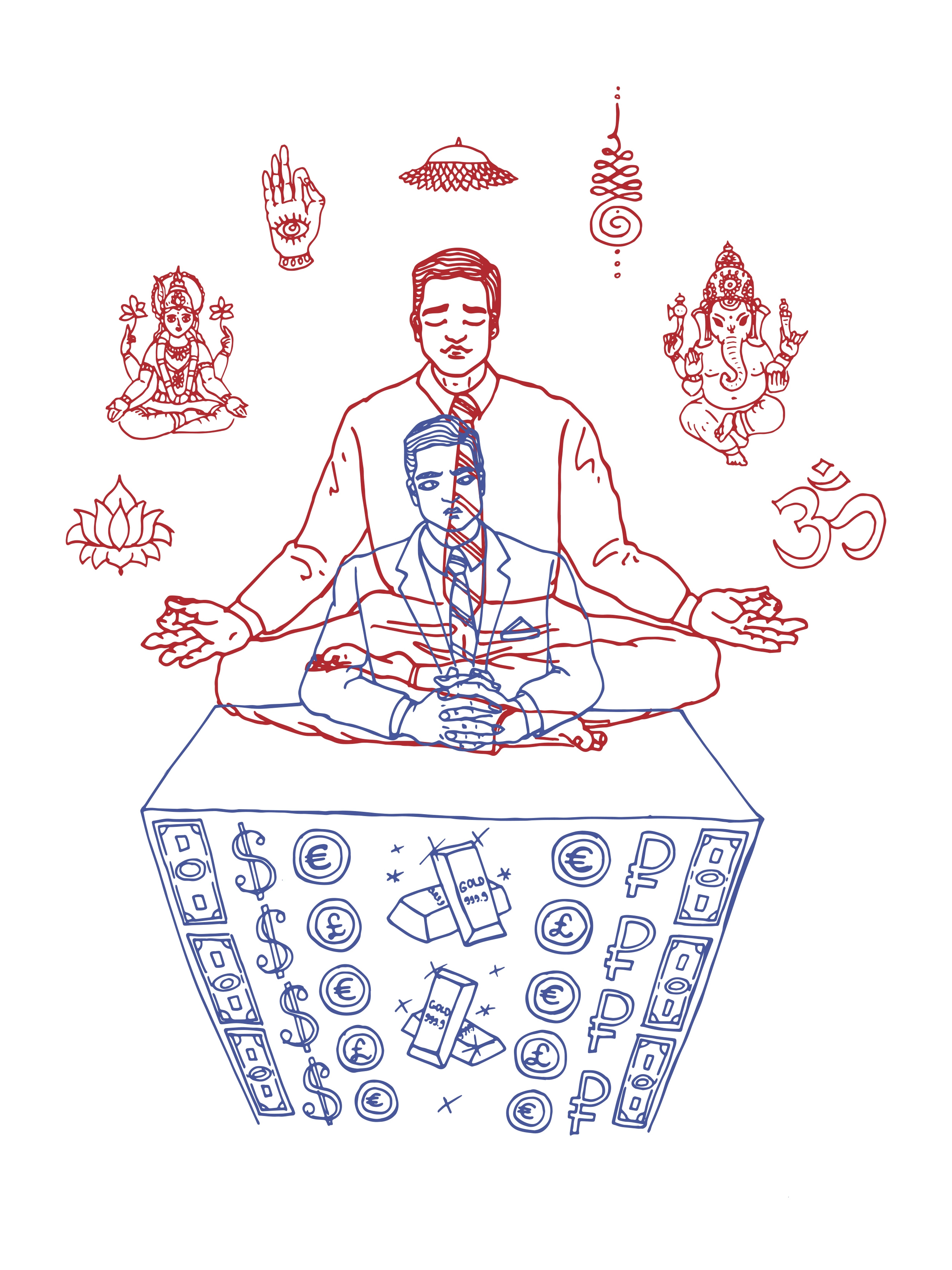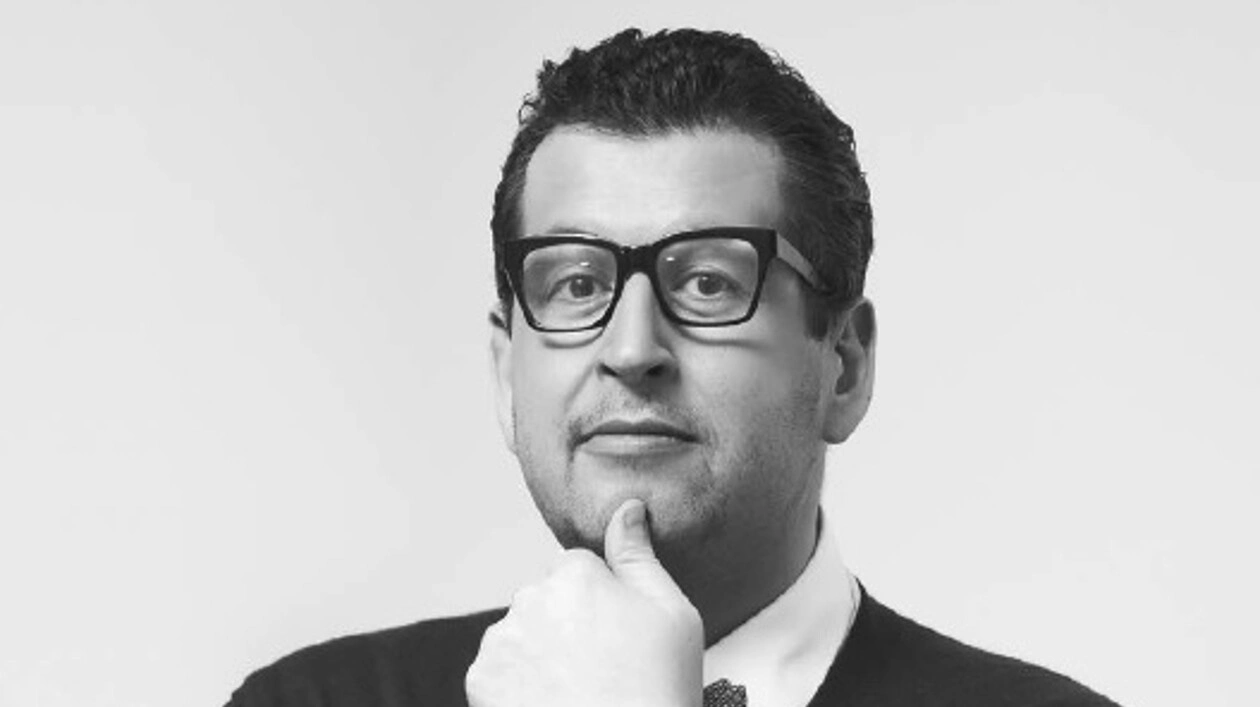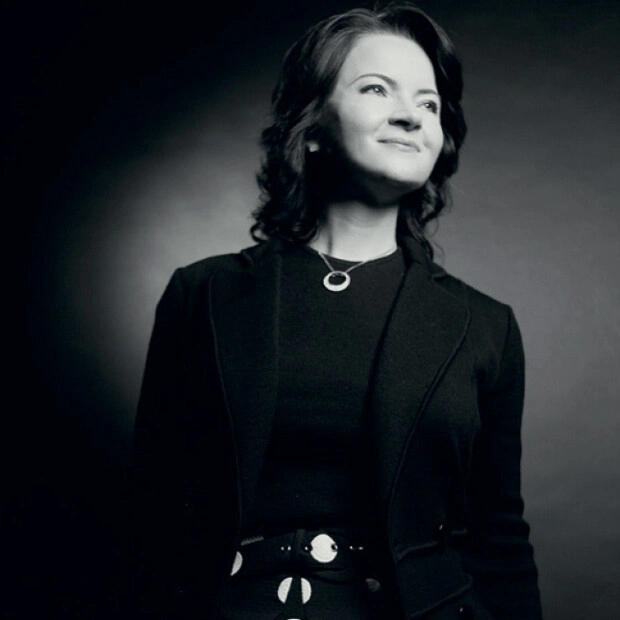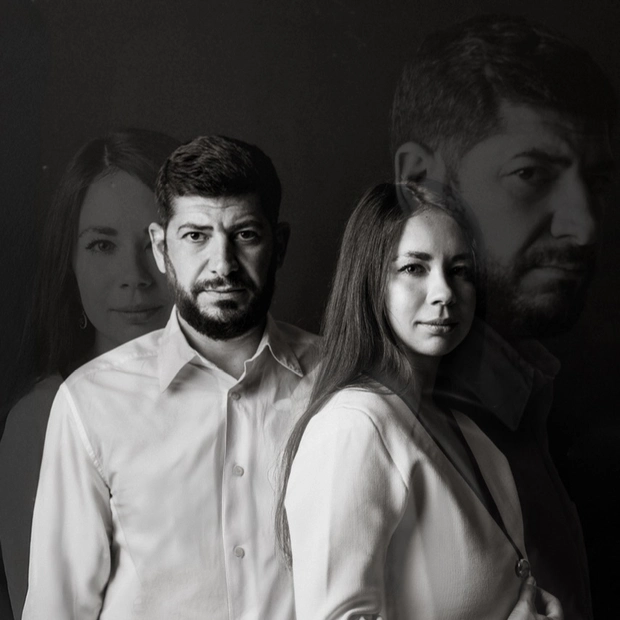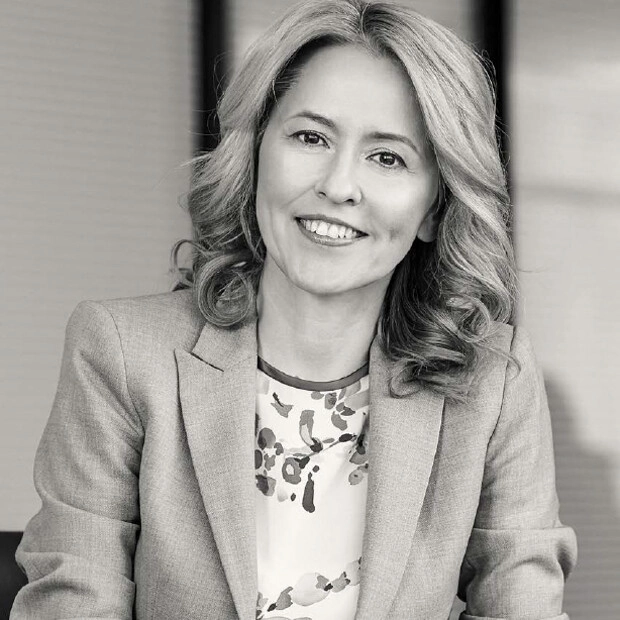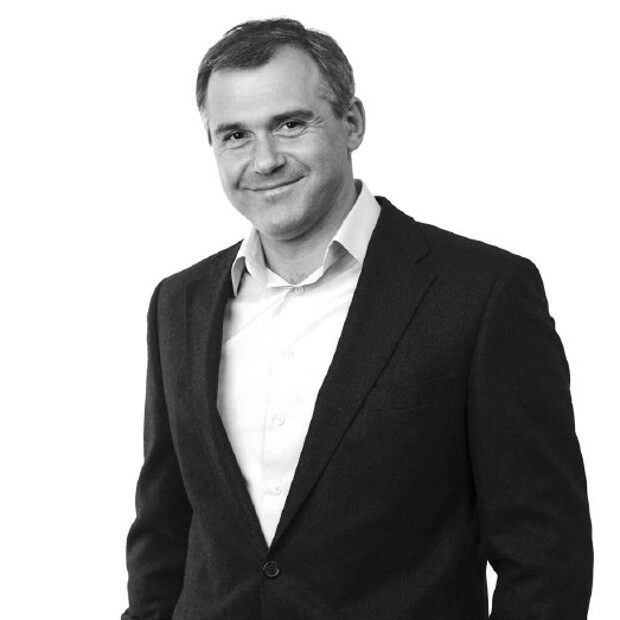Leisure is a fetish of the modern world. The ideal life is a perpetual vacation — tanned surfers, girls in micro bikinis, white sand on the beach. This dream can be realised in different ways — you could abandon everything and live humbly, making art, but ideally, you create a successful business, cash it out, and just live for fun. Yet there are very few who choose this path, and fewer still who find satisfaction in it. Yan Yanovskiy, managing partner at First Nation Societe Bancaire, reflects on the crisis of wish fulfillment.
According to Emmanuel Kant, a person’s ability to form desires, that is, to step outside of the framework of everyday experience and needs, is what allows us to create something new, whether it be a physical object, a business, a theory, or a family. At the heart of any creative act is the capacity for desire.
Desire is almost always the driver of human development, but the problem is that our goals tend to be all too finite and achievable — everything we desire and plan to achieve can be attained rather quickly. I often see clients, acquaintances, friends create a business, get it on its feet, only to turn around and sell it, cashing out. So their daily routines —going to work every day, interacting with employees and government agencies, solving the problems at hand — all abruptly come to an end. They’ve reached their goal, their wish has come true — they’ve earned enough money never to have to work again.
I’ve sold more than 500 companies, and I think I can well imagine the motivation of the sellers. What char- acterises the Russian businessman? You’ll rarely hear them say, "I’m building this business to leave it to my children," or, "I want my business to be run by my son or grandson." Children and grandchildren are productively isolated abroad. They don’t have any understanding of what their fathers or grandfathers are doing; the businesses are built to be sold.
At the same time, there’s this idea that later, after making all this money, real life will begin. And then the money arrives; you can have anything you want. But then you have to ask yourself where to find the strength within yourself to develop further, to find some new sides of yourself. How do you define what you want, and where do you find new sources of inspiration in life? It is in situations like these that an individual’s strength and core are truly manifested. Will he rise to the next level, recreating the cycle of pursuing his desires and finding intrigue in these situations, when nothing and no one are pressing him? Not everyone is able to do this.
While working towards fulfilling your aims, you’re fenced off from understanding yourself. You worked, you studied in school and at university, you built a career, created a business, got married, had children — and, finally, all this is done, and you have money. You’re left alone with yourself.
I’ve known many people who’ve found themselves in this position. They wake up in the morning, suddenly without secretaries, subordinates, drivers. Their lives are no longer filled up with obligations, and they call me and ask what they should do with their free time. My auto- matic answer is, "Go to the gym." Exercise is a plus, but, of course, it can only go so far. Sometimes people don’t handle this transition well. They break down, and sometimes take strange, drastic steps. Some look to religion, trying to find answers for how to go on living. I know people who’ve left their families for the monastery, not even to learn something, but just to avoid being alone with themselves. Some dive into new businesses, not even for the sake of profit or personal interest, but just to return to their usual routine. Some take to gallivanting aimlessly around the globe, without ultimately getting much out of it, other than fatigue and disappointment.
I think education is the best move in this situation — any class that’ll catch you up on the scientific developments of the past ten or twenty years. Delve into all this for a while, if you really need a reboot.
While I was the top manager of a holdings company of 20,000 employees, I realised at some point how burnt out I was. I resigned and went an ashram in India. Having read about meditation’s ability to regenerate energy, I told them I needed a mantra. They explained what a complicated process it was, that I would have to go through training with a teacher. I thought ... process?! But I need it now. Just give me one already!
I went to my yoga teacher and said I needed a mantra, and he replied, "What do you mean? You need a guru. " So I went to a guru, and I was told that it wasn’t a quick process, and that I just needed to live with it for a while. But I was already all revved up, and insisted to everyone that I greatly needed it, and I simply couldn’t do without. Two days later, I was given a mantra.
A couple hours after I received it, while I was in the pool, I was speaking with an English photographer about what had happened. As a general rule, it’s forbidden to show or tell your mantra to anyone. There was a Hindu woman sitting nearby, and she joined in on our conversation, saying that she was also an instructor and could grant mantras. I implored her to give me one, because I wanted to compare whether it would be the same. So, she spoke with me, looked at me, and gave me a mantra, identical to the one I’d just received from the guru. In the morning, I went back to my yoga teacher and told him that I’d been given a mantra. When I asked him to tell me which mantra I’d received, he answered that he couldn’t say. After the lesson, he told me that he’d had a vision that I was given a mantra. For the third time, I heard the same words. Then it really hit me. It was as if I’d been trying to assemble a puzzle for so many years, but had never until that moment been able to see the full picture. It may seem strange, but it was a really big deal for me. I was excited.
So that’s where I rebooted, and afterwards, I began to study. I went to Harvard, Yale, Oxford. It was scary, but fear is proof that you’re alive, that you’re doing something that’s truly unusual for you. Human nature is such that we are frightened of the unknown. This includes new desires. But we haven’t yet come up with another way to really be alive than to desire, to be afraid, and to venture into the unknown. And to listen to yourself — that’s the crucial thing, to listen to your authentic self. Not the person your mom and dad wanted to see, not the person your business partners or the women in your life wanted to see, but who you really are. Sometimes the person you’re least familiar with is the one you see in the mirror every day.
